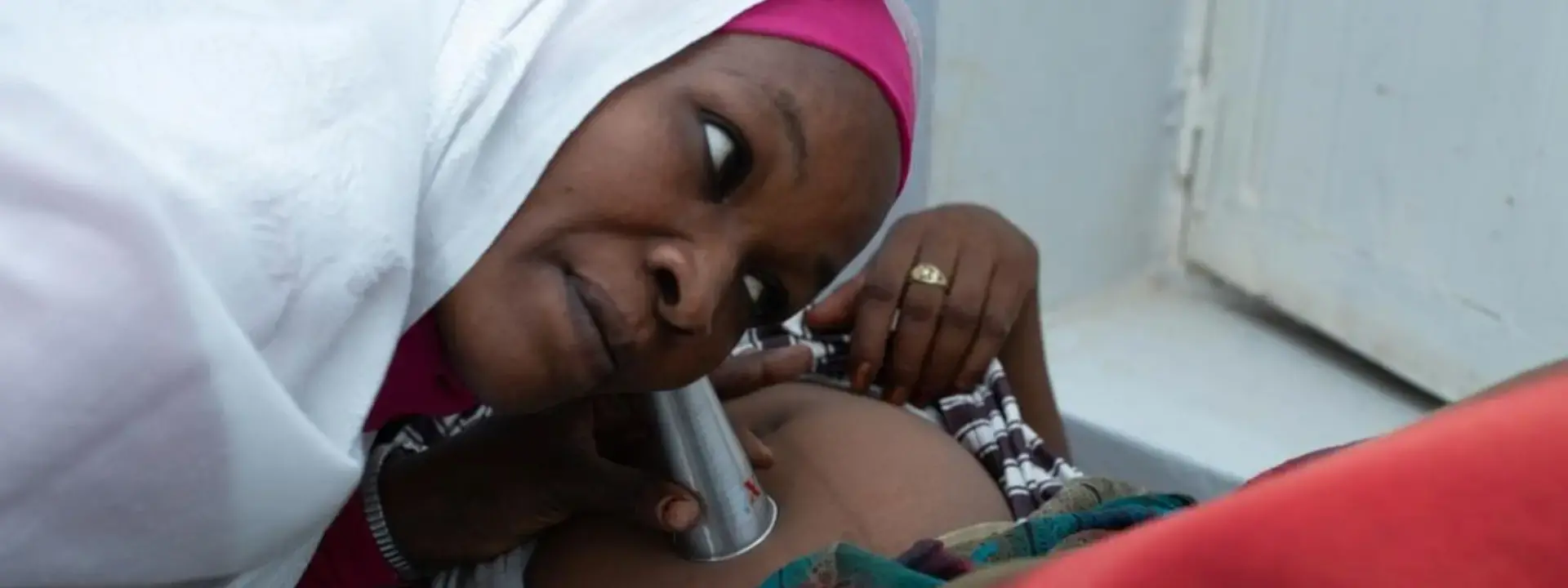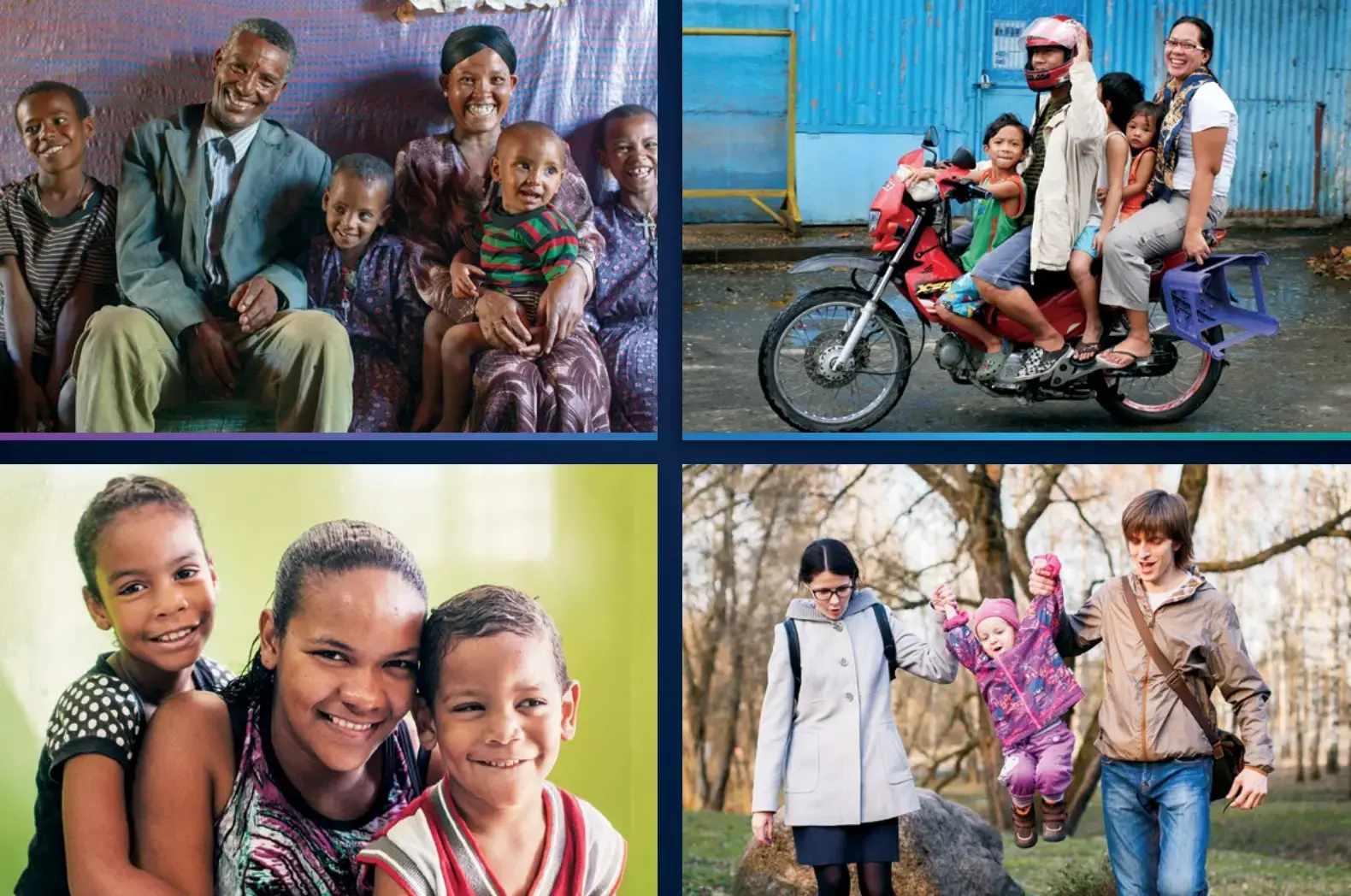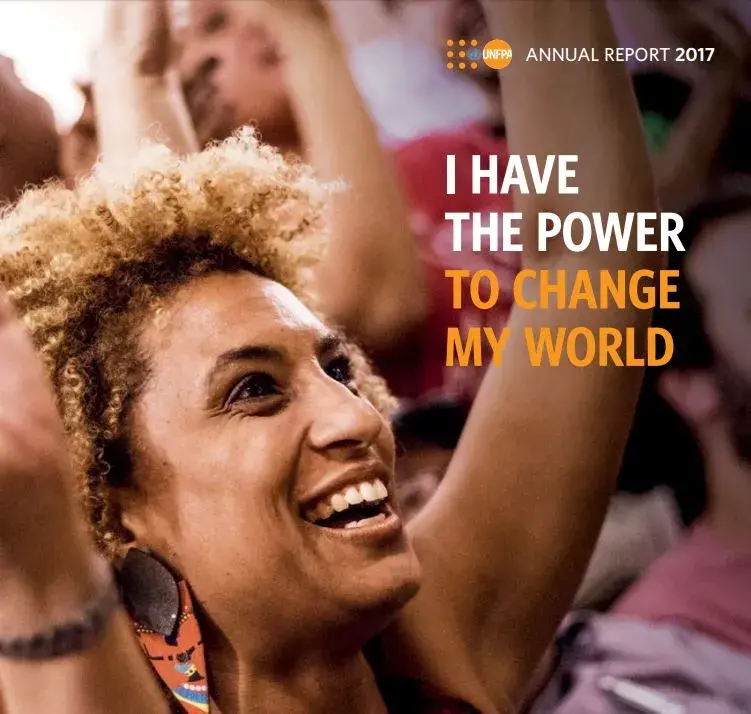Ensuring safe motherhood is a cornerstone of UNFPA Sudan’s work. We focus on providing comprehensive maternal health services that include antenatal care, skilled birth attendance, and postnatal care to ensure that every woman has access to safe childbirth, even in crisis-affected areas. Through mobile health teams and community health workers, we bring life-saving services to women in IDP camps, refugee settings, and remote areas where healthcare is limited. Our work includes the provision of Emergency Obstetric and Neonatal Care (EmONC) to manage complications during pregnancy and childbirth, along with training healthcare providers to deliver high-quality maternal health services. Additionally, we support initiatives that address maternal malnutrition and the health risks associated with famine conditions, helping pregnant and breastfeeding women access the care and resources they need to thrive.
Around 800 women die each day from preventable causes related to pregnancy and childbirth. This is about one woman every two minutes. For every woman who dies, between 20 and 30 will experience injuries, infections or disabilities. Most of these deaths and injuries are entirely preventable. A majority of them die from severe bleeding, sepsis, eclampsia, obstructed labour and the consequences of unsafe abortions – all causes for which there are highly effective interventions. And the tragedy does not stop there, when mothers die, their families are much more vulnerable, and their infants are less likely to reach their second birthday.
Making motherhood safer is a human rights imperative, and it is at the core of UNFPA’s mandate. UNFPA works around the world with governments, health experts and civil society to train health workers, improve the availability of essential medicines and reproductive health services, strengthen health systems, and promote international maternal health standards.
Commendable yet uneven progress
The Arab region achieved a 45% reduction in its maternal mortality ratio between the year 2000 and 2020, with a decrease from 260 deaths per 100,000 live births in 2000 to 145 in 2020. Yet huge discrepancies exist between countries, including those that face protracted humanitarian crises.
In most Arab countries, maternal deaths have decreased as women gained access to family planning, skilled birth attendance and emergency obstetric care. While most Arab countries have already met the Sustainable Development Goals’ target of achieving below 70 maternal deaths per 100,000 live births by 2030, progress stagnated across the region from 2015-2020. Furthermore, the maternal mortality rate remains above 200 deaths per 100,000 live births in Djibouti, Somalia, Sudan and Yemen as these countries struggle with protracted crises.





